Graduates from a master’s in elementary education degree program are prepared for a variety of careers in early education. That includes work as an educator or administrator.
According to the Bureau of Labor Statistics (BLS), kindergarten and elementary school teachers make around $63,670 per year, Special education teachers make $71,770 per year on average, and guidance counselors make an average of $66,990 annually. School principals make around $103,460.
You can expect to spend around two years completing your master’s degree in elementary education. Part-time students can take double that or longer to complete their degrees. The average cost of tuition for a graduate program was $19,749 as of 2021.
Why Trust Us
The Intelligent.com Higher Education Team is dedicated to providing students with independent, equitable school and program rankings and well-researched resources. Our expert-driven articles cover topics related to online colleges and programs, paying for school, and career outlooks. We use data from the U.S. Department of Education’s College Scorecard, the National Center for Education Statistics, and other reputable educational and professional organizations. Our academic advisory team reviews content and verifies accuracy throughout the year for the most current information. Partnerships do not influence rankings or editorial decisions.
- Analyzed over 2,000 national, accredited, and nonprofit colleges and universities
- 800+ rankings pages are reviewed and updated yearly
- Content is informed by reputable sources, surveys, and interviews with academic advisors and other experts
- Over 100 data points are reviewed for accuracy and quality throughout the year, including sources
How we rank schools
Our list features the best Elementary Education degree programs at top colleges nationwide. Each school featured is a nonprofit, accredited institution — either public or private — with a high standard of academic quality for post-secondary institutions.
We evaluated each school’s program on tuition costs, admission, retention and graduation rates, faculty, reputation, and the student resources provided for online students. We collected data from trusted sources like the National Center for Education Statistics, individual school and program websites, school admissions counselors, and other data sources. Then, we calculated the Intelligent Score on a scale of 0 to 100 based on the following criterion:
Academic Quality:
- Admission rate versus enrollment rate
- Retention rate of students who return after year one
- Accreditation status (regional and programmatic)
- Nonprofit status, both private and public institutions
Graduation Rate
- Overall graduation rate
- Total number of currently enrolled students, including diversity metrics
- Student-to-faculty ratio
Cost and ROI
- In-state and out-of-state per-credit tuition rates and fees
- Required credits to graduate
- Earning potential after graduation
- Availability of federal student loans, scholarships, and other financial aid options
Student Resources
- Available student services for online-only and hybrid programs
- On-campus amenities like tutoring centers and the number of libraries
Read more about our ranking methodology.
Best 27 Accredited Master's in Elementary Education Degree Programs
FiltersInstitution Type
Status
- Intelligent Score
- Alphabetically By University Name
- Acceptance Rate
- Enrollment
- In-state Graduate Tuition
- Out-of-state Graduate Tuition
- In-state Undergraduate Tuition
- Out-of-state Undergraduate Tuition

The University of Virginia
Intelligent Score: 97.66In-state: $15,772
Out-of-state: $49,819
In-state: $17,076
Out-of-state: $17,076
SAT: 1320-1510
ACT: 30-34
Resident: $794
Non-Resident: $1,270
On-Campus
Southern Association of Colleges and Schools Commission on Colleges
30

Stanford University
Intelligent Score: 97.66In-state: $55,473
Out-of-state: $55,473
In-state: $54,315
Out-of-state: $54,315
SAT: 1420-1570
ACT: 31-35
$1,6535 - $1,851
On-Campus
Western Association of Schools and Colleges Senior College and University Commission
45

Vanderbilt University
Intelligent Score: 97.47In-state: $52,781
Out-of-state: $52,781
In-state: $50,082
Out-of-state: $50,082
SAT: 1470-1570
ACT: 33-35
$1,303
On-Campus, Online
Southern Association of Colleges and Schools Commission on Colleges
31

William & Mary
Intelligent Score: 96.65In-state: $17,168
Out-of-state: $40,089
In-state: $10,516
Out-of-state: $10,516
SAT: 1300-1490
ACT: 30-34
In-State: $519
Out-of-State: $1,397
On-Campus
Southern Association of Colleges and Schools Commission on Colleges
42

University of Washington
Intelligent Score: 95.70In-state: $10,629
Out-of-state: $37,998
In-state: $16,278
Out-of-state: $16,278
SAT: 1200-1453
ACT: 27-33
Resident: $389
Non-Resident: $703
On-Campus, Hybrid
Northwest Commission on Colleges and Universities
65
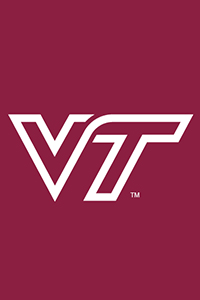
Virginia Tech
Intelligent Score: 95.05In-state: $32,274
Out-of-state: $36,090
In-state: $44,444
Out-of-state: $44,444
SAT: 1210-1410
ACT: 26-32
In-State: $781
Out-of-State: $1,574
On-Campus
Southern Association of Colleges and Schools Commission on Colleges
39

The University of North Carolina at Charlotte
Intelligent Score: 93.48In-state: $7,019
Out-of-state: $34,198
In-state: $10,552
Out-of-state: $10,552
SAT: 1280-1490
ACT: 28-33
Resident: $248
Non-Resident: $1,057
On-Campus, Online
Southern Association of Colleges and Schools Commission on Colleges
33

North Carolina State University
Intelligent Score: 93.10In-state: $6,535
Out-of-state: $26,654
In-state: $9,095
Out-of-state: $9,095
SAT: 1230-1410
ACT: 27-32
Resident: $684 - $821
Non-Resident: $1,838 - $2,206
On-Campus
Southern Association of Colleges and Schools Commission on Colleges
30-36

Teachers College at Columbia University
Intelligent Score: 92.43In-state: $57,864
Out-of-state: $57,864
In-state: $49,024
Out-of-state: $49,024
SAT: 1460-1570
ACT: 33-35
$1,970 - $2,029
On-Campus
Middle States Commission on Higher Education
32

Boston College
Intelligent Score: 91.68In-state: $59,050
Out-of-state: $59,050
In-state: $31,824
Out-of-state: $31,824
SAT: 1330-1500
ACT: 31-34
$1,764
On-Campus
New England Commission of Higher Education
37

Indiana University Southeast
Intelligent Score: 91.38In-state: $9,815
Out-of-state: $36,194
In-state: $9,786
Out-of-state: $9,786
SAT: 1120-1350
ACT: 24-31
Resident: $414 - $497
Non-Resident: $919 - $1,103
On-Campus
Higher Learning Commission
30-36
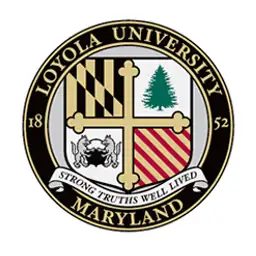
Loyola University Maryland
Intelligent Score: 89.89In-state: $78,360
Out-of-state: NA
In-state: NA
Out-of-state: NA
SAT: NA
ACT: NA
$670
On-Campus, Hybrid
National Council for Accreditation of Teacher Education
39

Westfield State University
Intelligent Score: 89.31In-state: $970
Out-of-state: $7,050
In-state: $1,890
Out-of-state: $1,890
SAT: 960-1140
ACT: 19-25
$418
On-Campus
New England Commission of Higher Education
40

Salem State University
Intelligent Score: 89.04In-state: $910
Out-of-state: $7,050
In-state: $2,520
Out-of-state: $2,520
SAT: N/A
ACT: N/A
In-State: $998
Out-of-State: $1,183
On-Campus
New England Commission of Higher Education
30-39
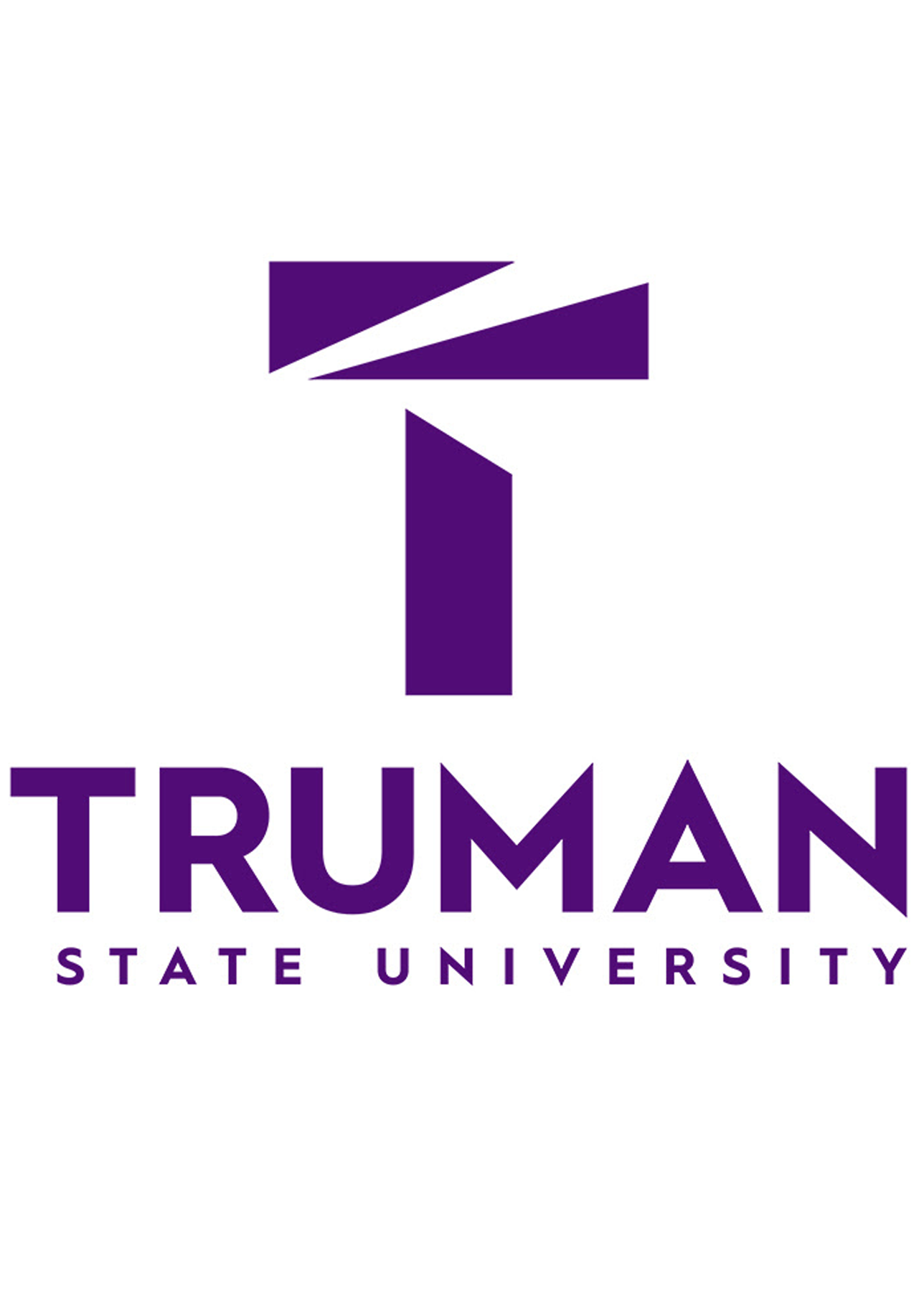
Truman State University
Intelligent Score: 87.07In-state: $7,975
Out-of-state: $15,335
In-state: $9,371
Out-of-state: $9,371
SAT: 1080-1330
ACT: 24-30
$523
On-Campus
Higher Learning Commission
40

Lehigh University
Intelligent Score: 86.9In-state: $54,790
Out-of-state: $54,790
In-state: $27,000
Out-of-state: $27,000
SAT: 1260-1433
ACT: 29-33
$630
On-Campus
Middle States Commission on Higher Education
42
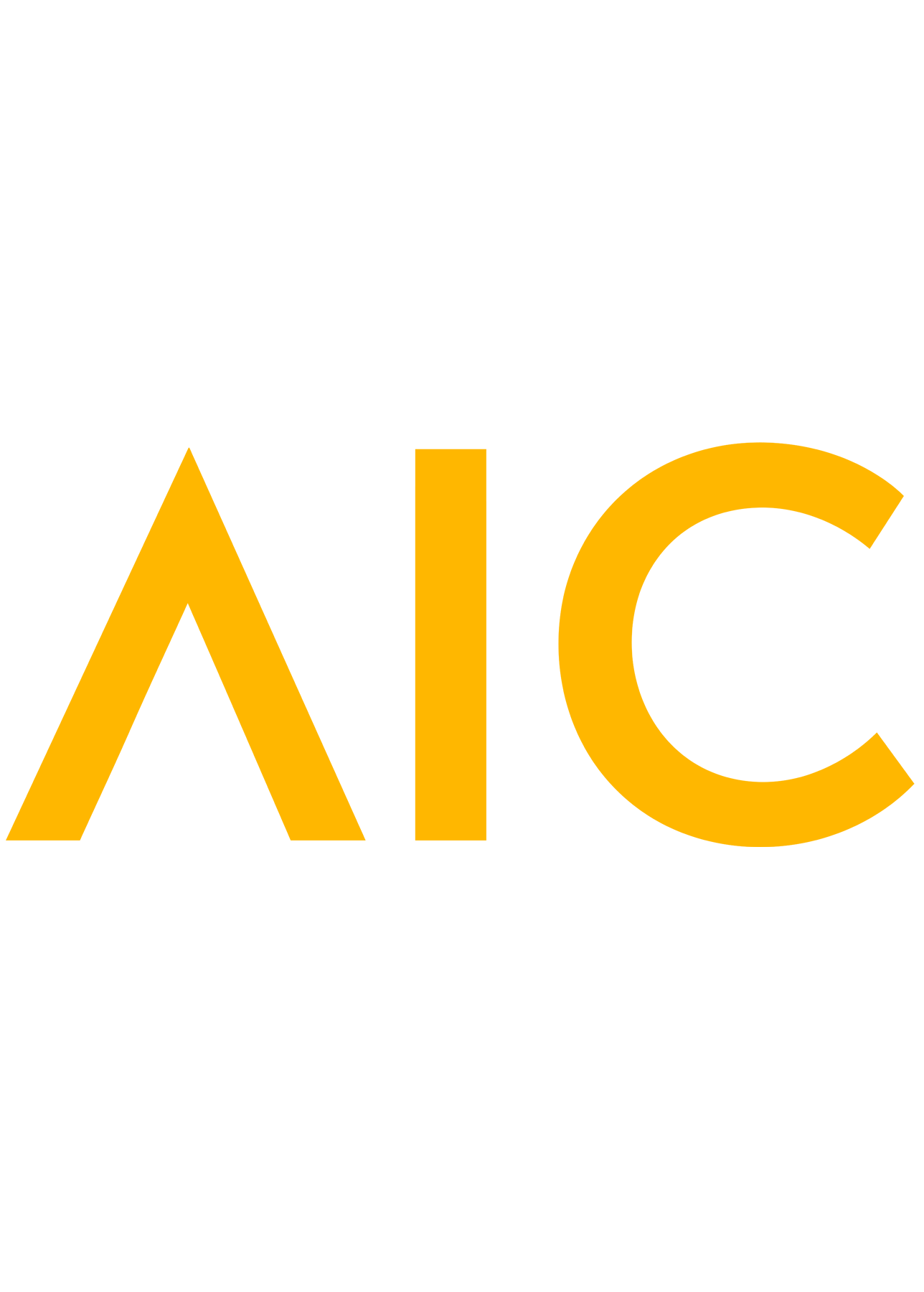
American International College
Intelligent Score: 85.73In-state: $38,220
Out-of-state: $38,220
In-state: $12,657
Out-of-state: $12,657
SAT: 890-1100
ACT: 22-29
$500
On-Campus
New England Commission of Higher Education
33-39
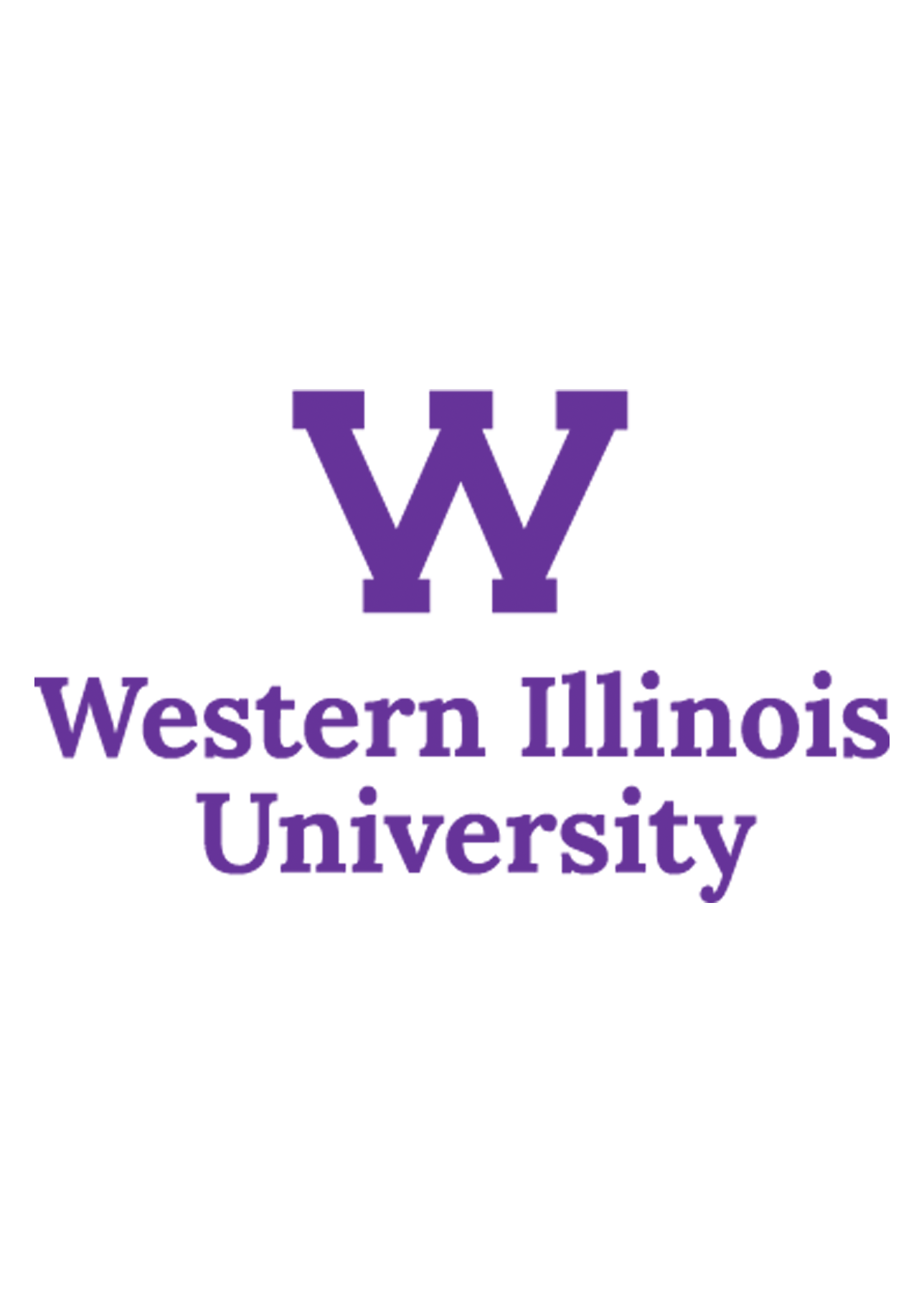
Western Illinois University
Intelligent Score: 85.65In-state: $8,712
Out-of-state: $8,712
In-state: $8,156
Out-of-state: $8,156
SAT: 880-1090
ACT: 18-24
In-State: $386
Out-of-State: $675
On-Campus
Higher Learning Commission
30
How to Choose a Master’s in Elementary Education Degree Program
Choose your area of study
Typically, you only need a bachelor’s degree and the requisite state license to be eligible for elementary teaching positions. Master’s degrees tend to prepare professionals for specialty positions or growing their careers. You might want to specialize in elementary mathematics, curriculum design, early childhood literacy, ESL teaching, or special education.
Consider your career and educational goals as you choose an area of study. Master’s degree in elementary education programs often allow you to select from concentrations to better support a specific objective.
Research schools and programs
Research schools by visiting university and program websites, calling admissions and financial aid offices, and visiting campuses if possible. Gather information to answer questions such as:
- Is the school accredited? Look for official accreditation, such as recognition from regional organizations like the Middle States Commission on Higher Education or the Southern Association of Colleges and Schools Commission on Colleges.
- Is attendance practical? Consider the timeline and location of the classes and whether they fit realistically within your schedule. While it’s common to make some sacrifices when working on a degree, if you have a full-time job and the classes are an hour’s commute away, you need to consider whether you can realistically attend while keeping up with other obligations.
- Does the program have a generally good reputation? Consider reviews and the experience of former students as well as the knowledge and experience of the teaching staff.
- Will your goals be served? If a program doesn’t offer the concentration you need to best support your career goals, it might not be the right option for you.
Prepare for tests and applications
Testing requirements may vary by school and by applicant. If you’re already a licensed teacher, for example, schools often don’t require testing for admission because you would have already proven your existing knowledge base during licensure. Some schools may require GRE or PRAXIS exam scores, however.
Application processes will also vary. Speak with admissions offices to find out if you need to submit an essay, letters of recommendation, resume, transcripts, or other documents with your application. Plan ahead so you have plenty of time to meet these requirements.
Select your program
Your original research into potential schools and programs should result in a shortlist of a few schools you apply to. At a minimum, you should apply to two programs. However, if you’re choosing competitive programs, you may want to apply to more to ensure you get into one.
If you receive more than one acceptance, weigh all factors when selecting a program to attend. Consider the cost, convenience of classes, reputation of staff, and quality of the education you might receive.
Determine how you’ll pay for your degree
Create a plan to cover the cost of your degree. While financial aid packages might include loans, consider whether there are options such as work-study programs, scholarships, or employer assistance that will help you reduce how much money you owe after you graduate.
What Can You Expect From a Master’s in Elementary Education Degree Program?
Master’s in elementary education degree programs provide students with advanced teaching, administrative, curriculum, and leadership skills. These programs usually build upon foundations that existing teachers or those who have recently graduated from bachelor’s degree programs already have. Coursework can cover topics such as early childhood education, curriculum development, instruction techniques, and leadership in the classroom.
In addition to coursework, you may be required to complete hands-on research and projects within a field environment. Existing educators can leverage their classrooms for this purpose. Master’s degree students who aren’t currently working in a school or classroom environment may need to participate in student-teacher practicum sessions.
On average, this type of degree program takes around two years to complete. Students in accelerated programs may complete their degree in as little as one year, while part-time students might take three or more years to earn their master’s in elementary education.
Potential courses you’ll take in a master’s in elementary education degree program
- Curriculum Development. This class looks at best practices in developing learning resources for students of various ages and needs. You may conduct research to understand how students learn and create mock curricula to meet specific needs laid out by professors.
- Early Childhood Education. Early childhood education is typically concerned with teaching and nurturing children up to the age of eight, including preschool years as well as grades from kindergarten to third. This course prepares teachers and others to best support young learners.
- ESL Teaching. This class concentrates on the skills and knowledge needed to support literacy and other skills when working with students who speak English as a second language.
- Instructional Strategies and Models. This course examines the practical methods and research behind classroom management, student engagement, and instructional design. Depending on your concentration, it might address specific learning environments, such as the varied approach needed in a special education classroom.
- Language and Literacy. Students in this course delve into teaching specific subjects to young children, including core concepts such as math or language. Early childhood literacy is often of special interest.
Master’s in Elementary Education Degree Program Frequently Asked Questions
How do I apply to a master's in elementary education degree program?
You can usually start the application process online after you’ve completed your research and chosen a few schools. Don’t rush the process, and ensure you have plenty of time to gather the necessary documents and complete testing or other application requirements. You may need letters of recommendation, so start considering professional connections who can speak to your work ethic, teaching talents, and other related traits.
Because every school has different admission requirements, talking to an admission counselor can be a good idea. They can provide details about timelines, what components of applications are absolutely necessary, and how you can best position your application for success.
How much does a master's in elementary education degree cost?
The cost of your program depends on factors such as:
- How much each credit hour costs
- How many credits do you need to complete the program
- The style of the program — whether it’s online or in-person
- Whether you’re attending as an in-state resident
For example, Liberty University offers a 100% online Master of Arts in Teaching with an elementary education concentration. It requires 36 credit hours. Full-time students pay $415 per credit hour for a total cost of $14,940. However, part-time students pay $615 per credit hour for a total cost of $22,140.
Data published by the National Center for Education Statistics as of 2021 notes that the average cost for a graduate degree is $19,749. It’s $12,394 at public institutions on average and $26,621 at private institutions.
How long does it take to earn a master's in elementary education degree?
An accelerated cohort master’s degree in elementary education can take a single year to complete. These programs are typically designed for existing educators who are working on their degrees while teaching or managing school administrative functions full-time.
On average, traditional programs take around two years to complete. If you want to attend part-time by taking a single class each semester as you work and attend to social and family obligations, you might take four or more years to complete your degree.

